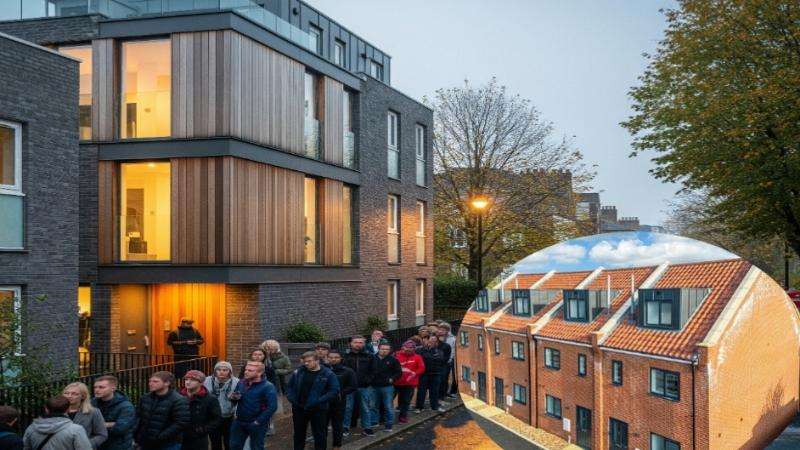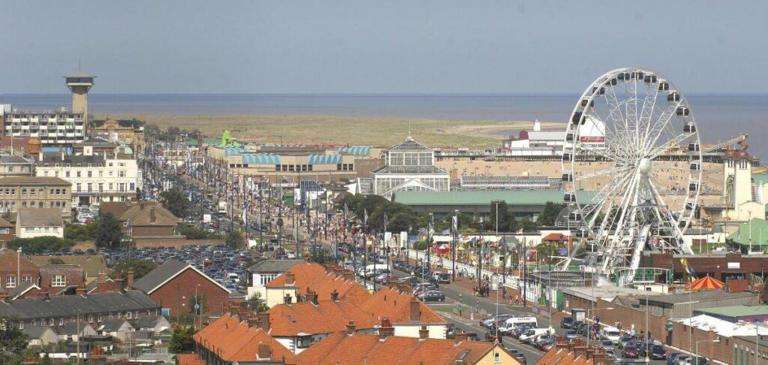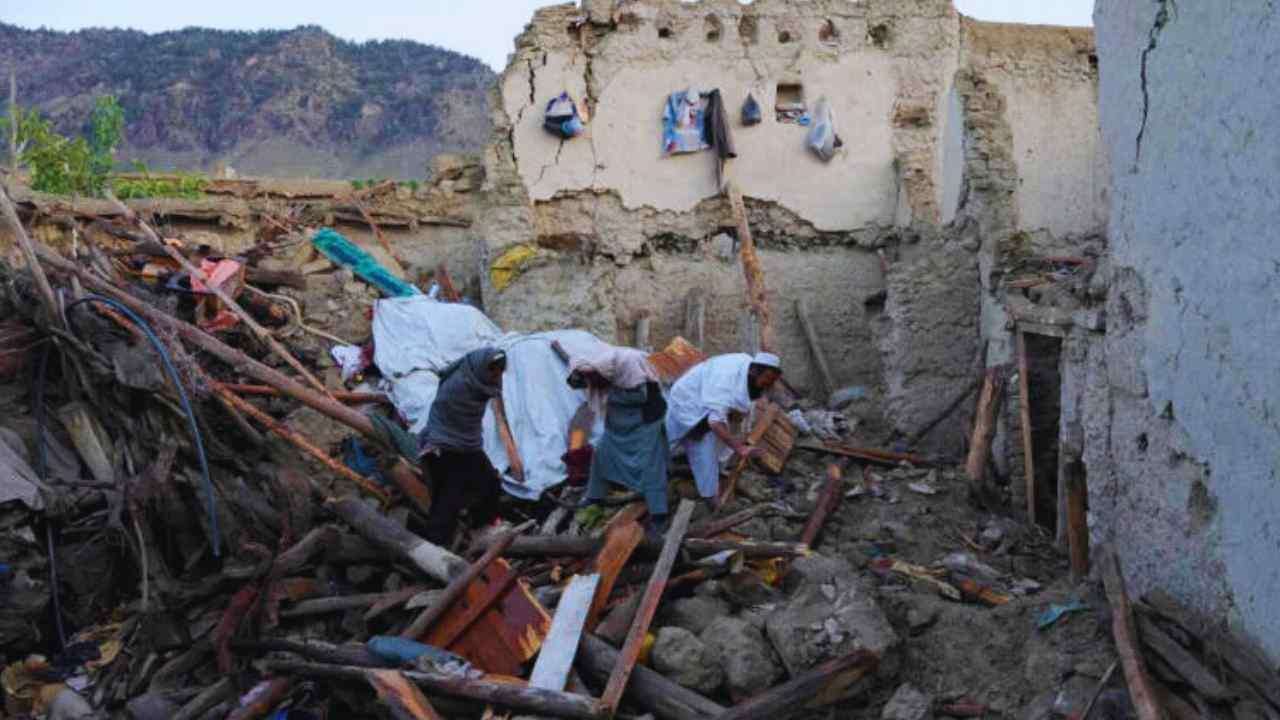A quiet village in Suffolk has become the latest battleground in the UK's heated asylum debate, as local residents react with anger and frustration to asylum seekers being housed in newly built, high-specification townhouses. This situation, highlighting the sharp contrast between the struggles of British families trying to get on the property ladder and the government's legal obligations, taps into a deep-seated resentment across the country.
The core of the issue is a perceived inequality within a system already under immense pressure. While asylum seekers are living in these homes rent-free, with the cost covered by the Home Office, locals are battling a severe housing crisis. For many, the sight of luxurious, taxpayer-funded properties being allocated to new arrivals while over a million households are on social housing waiting lists across England feels like a profound injustice. This sentiment is echoed by lifelong residents who feel their opinions don't count and that their hard work is being overlooked.
The frustration is not limited to the native British population. Many from established immigrant communities, including British South Asians and British Bangladeshis, also express anger. For their families, who endured significant hardships and worked tirelessly to buy their own homes, the idea of a "free" and "easy" start for new arrivals can feel unjust, undermining the value of their own struggles. This dynamic, coupled with competition for limited resources in densely populated areas, can lead to a sense of resentment and a feeling that one group's gain comes at another's expense.
This Suffolk story is a microcosm of a larger national debate. The government's pledge to end the use of expensive asylum hotels is being met with legal and political challenges. The method of housing asylum seekers has become a powerful political tool, with some parties arguing the current system prioritizes the rights of migrants over those of British taxpayers. The case encapsulates the complex interplay of economic pressures, legal duties, and deeply held community sentiments that define the current crisis.
Analysts suggest that a key factor in the growing resentment is the role played by some mainstream media outlets and far-right politicians. Research indicates that a recurring pattern exists where these actors employ inflammatory language, framing asylum as a crisis of "invasion" and "uncontrolled" borders. This rhetoric, which often uses terms like "illegals" and "queue jumpers," is amplified online and in print, where stories frequently focus on the perceived costs and burdens of asylum seekers. For members of established immigrant communities, who may have spent years or even a generation integrating and working to secure their place in British society, this narrative can create a sense of shared frustration. The media's portrayal of asylum seekers as receiving "everything for free" can feel like a direct contrast to their own experiences of hard work and struggle, making them feel like a new, more privileged class of immigrants is being created at their expense. This, in turn, can be exploited by political groups to stoke division and undermine the sense of shared community.
_3.jpg)







.svg)



_1.jpg)
_3.jpg)